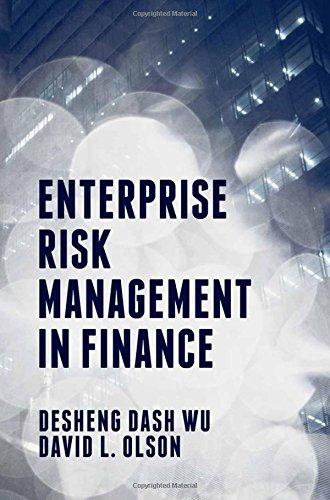Question
Khaled wants to earn a living being an Uber driver, but he doesnt have a car. Uber has high standards and requires a fairly new
Khaled wants to earn a living being an Uber driver, but he doesnt have a car. Uber has high standards and requires a fairly new car by Khaled cant afford it so he asks his friend Abdullah if he can loan him 70,000 Riyals so he can buy a car and earn a living and that he should be able to pay him back in 3 years from the income he plans on generating. Abdullah likes Khaled and has the money to spare but he studied the Fisher equation in his economics and finance classes that differentiates between inflation and real interest as follows: Nominal Interest = Real Interest + Expected Inflation So if the nominal interest rate is 5% and the real interest rate is 1% and expected inflation is 4%, Abdullah is wondering whether he should require Khaled to compensate him for the inflation rate of 4% so that his purchasing power remains the same when his loan is returned to him after 3 years. This way hes not charging interest; only inflation. Would Abdullah be correct in charging Khaled only for inflation? (Would he not be violating the Riba prohibition because hes not charging interest, just inflation)? Is there an economic explanation that would justify Muslim scholars for still advising Abdullah not to charge for inflation because that too is a violation? Explain (Hint: review the 3 functions of money)
Step by Step Solution
There are 3 Steps involved in it
Step: 1

Get Instant Access to Expert-Tailored Solutions
See step-by-step solutions with expert insights and AI powered tools for academic success
Step: 2

Step: 3

Ace Your Homework with AI
Get the answers you need in no time with our AI-driven, step-by-step assistance
Get Started


